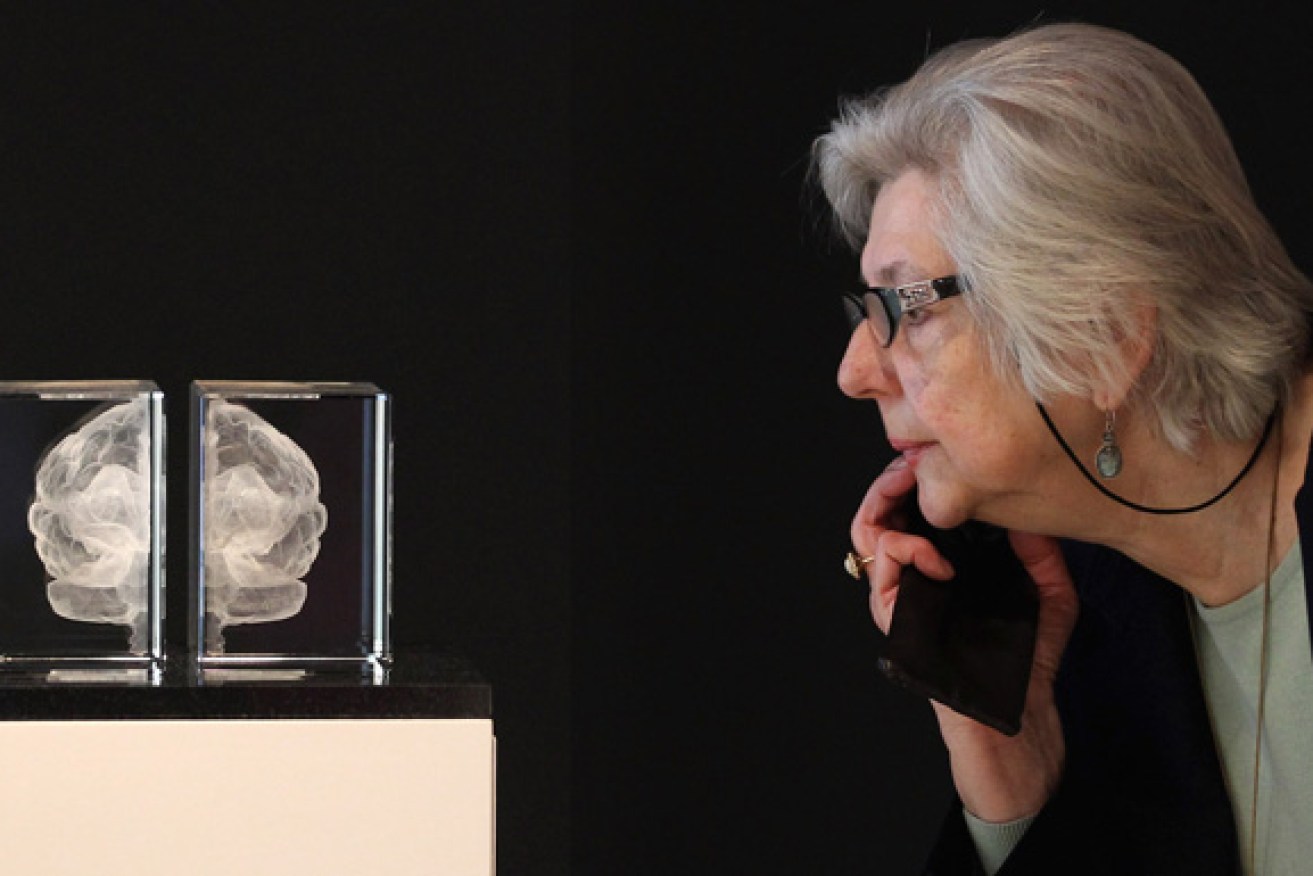After repeated failures, doctors may soon be able to attack the root cause of Alzheimer’s disease, rather than simply treating its symptoms.
A robust new study has clarified what drives cognitive decline in dementia patients.
Until recently, scientists had focussed on plaque build up in the brain, but a growing body of research suggests tangled fibres inside brain cells are much more important.
• The future of Alzheimer’s research
• Why dementia is scarier than cancer
• Five steps to reduce your risk of Alzheimer’s
• Dementia ‘link’ to seniors drugs
Both plaque and tangles are caused by rogue proteins, but a dissection of more than 3,600 donated brains has revealed the tangles, not the plaque, may be the primary culprit.
The findings published in the journal Brain explain why previous drugs were failing.

Faith in the ‘primary’ role of rogue Amyloid proteins has been shaken. Photo: Getty
“For so long, the focus has predominantly been on the amyloid story and how the amyloid forms the plaques,” said University of Adelaide neuroscientist Dr Lyndsey Collins-Praino.
“Recently, there’s been a bit of a push back against that, saying actually it’s [rogue protein] Tau that seems to be predicting the degree of cognitive decline.”
Targeting defective Tau proteins, rather than just Amyloid proteins, could result in powerful new drugs to cure dementia, and potentially reverse some damage.
New treatments are crucial because by the 2060s, health spending on dementia will surpass that of any other condition, Alzheimer’s Australia predicts.
Dementia is already the single greatest cause of disability in older Australians.
There are currently more than 340,000 people living with dementia in Australia. That number could almost treble by 2050.
“Since so much of the field had been focussing on Amyloid, many of the drugs that were being developed were targeting Amyloid, and those drugs have unfortunately repeatedly failed in clinical trials,” Dr Collins-Praino said.
“It has a lot of implications for drug development.”
A third factor is brain inflammation, which is worse in Alzheimer’s patients.
Inflammation clearly plays a role in cognitive decline, but the exact link between it and rogue proteins is as yet unknown.
With her research, Dr Collins-Praino hopes to solve this mystery.
“It’s a bit like a chicken and egg question,” she said.
“I don’t think we’ll be able to pin point one thing as really the major player. What we’ll probably find is that all of these things are working in concert, and that you really need to address of all these different aspects.”









